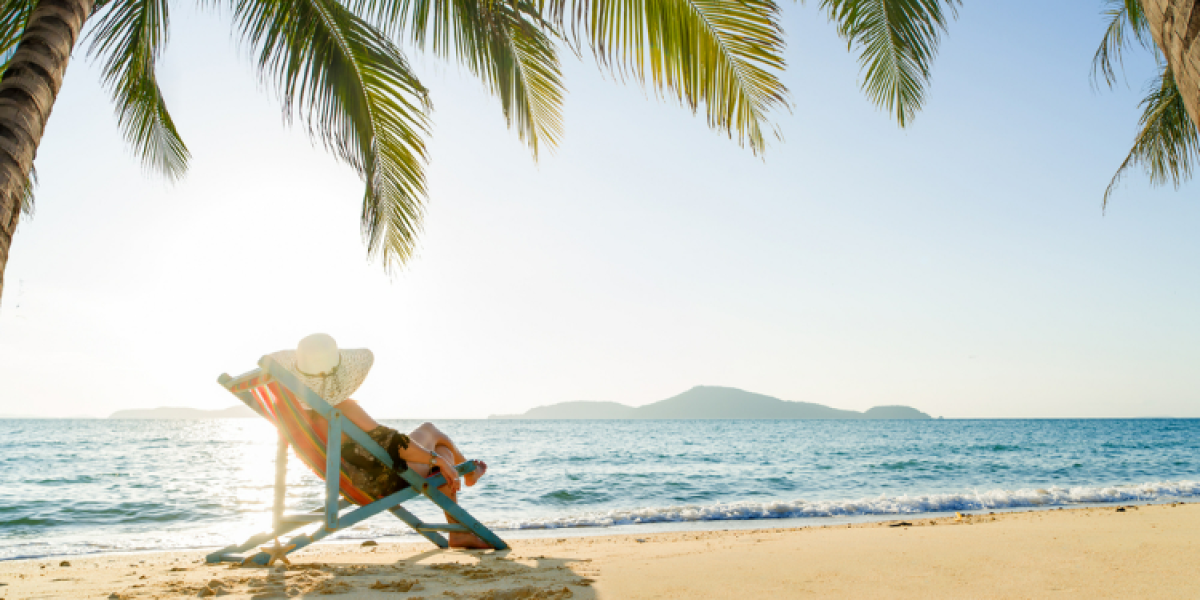
Many expats are looking for a calm place away from the city and some end up moving to islands. Their expectations are high: they want a cheap, quiet and beautiful place where they can have the advantages of the metropolitan area while enjoying good weather and nature. But is that a myth or reality?
The Covid-19 pandemic has changed the work environment; most employees can choose to work from home or on a hybrid mode. Whether to work remotely or to find a new experience, many of them are moving to islands. In Ibiza and Mallorca, Spain, for example, one in five residents are expats. In general, expatriates are looking for a permanent vacation mood when moving to islands. They are excited about the landscapes, beaches, lagoons, hills, waterfalls, or volcanos to explore, depending on which island they are going to live on. After work, they can just go to the beach to watch the sunset and have a cocktail!
How is life on an island? Myth vs reality
Gaelle Gilles is a French teacher and has lived in Mayotte for 5 years now. She left metropolitan France because she wanted to experience something new. “I did not want to be in the Paris region. I also wanted to travel and discover something else”. Living on an island isn't just a dream for her. Gaelle comments that living on an island is just like living in any other place with its advantages and disadvantages. “The weather is always nice; the climate is pleasant, it's very nature-oriented and very different from life in the metropolis. We wear shorts or dresses all year round, and people are much more relaxed. Almost everyone is very welcoming. It is very easy to meet people.” On the other hand, Mayotte, as many islands, is under development with various difficulties. “Very frequent we suffer water cuts, this has happened for several months twice a week, and you can't find everything: no big brands. Besides, there's a level of insecurity due to immigration,” she shares.
However, many pieces of research prove that immigration hasn't increased violence. Michael Light, a criminologist at the University of Wisconsin, Madison, found out there isn't a soaring increase in violence due to illegal immigration over the last three decades in the US. On the contrary, what may give a sense of insecurity due to immigration is the lack of public politics to assist expats. According to an article from Laurent Faret in 2020, migration without management can increase the slum areas in cities, which increase many problems such as unhygienic conditions, crime, pollution and vulnerabilities, as many migrants can be exploited.
Is it worth living on an island?
For Gaelle, it's still worth living on islands for its positive points: “the sun, the sea, pleasant people, and this feeling that every week you are on vacation because I spend my Sundays seeing dolphins or turtles. A good mood. The Mayotte culture is very different from the metropolis; the local food is amazing.”
Summer temperatures won't get higher such as in cities during the summer, and the winter drops not too sharply either. In general, it isn't that expensive to live on islands. While expatriates might find more tourist-centered areas to be a bit pricier, the overall cost of living on islands is considerably lower than in most countries in Europe, the UK, and in the US.
For now, Gaelle is thinking of staying a few more years. “I do not feel like coming back to live in France at the moment. If I leave Mayotte, it will be for another island. I like this place where we are also disconnected from reality. We don't follow all this negative media pressure. Covid-19 has not been experienced in the same way, it's much more cool and relaxed. I really like Mayotte and in terms of work, I've also had opportunities that I would not have had in France.”



















